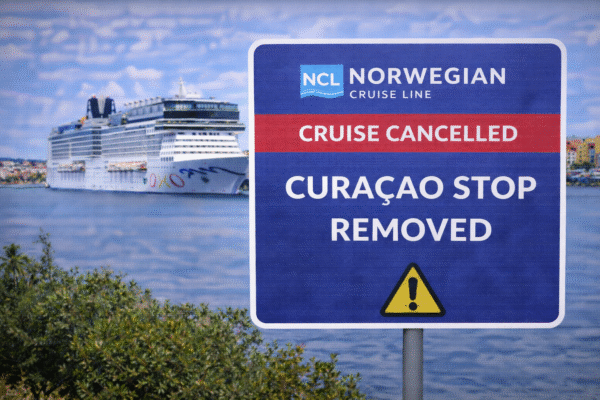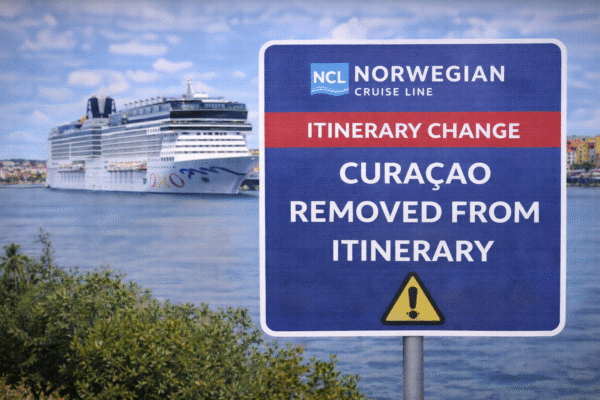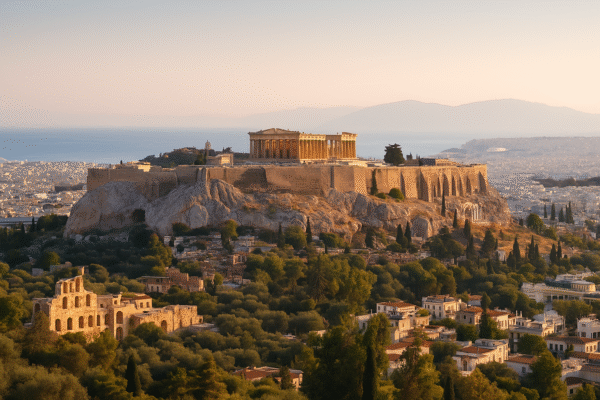ATHENS, GREECE — Greece has firmly reasserted its global standing as a world-class travel destination in 2025, with a sweep of international accolades spotlighting not just its ancient marvels but also its modern-day tourism experiences. From the Acropolis in Athens to sailing in Santorini and water parks in Corfu, Greece’s multifaceted appeal has captivated travelers and critics alike.
Acropolis Soars in Global Landmark Rankings
The Acropolis of Athens, a beacon of classical civilization and a UNESCO World Heritage Site, was ranked 16th among the world’s top landmarks in Tripadvisor’s “Best of the Best” Travelers’ Choice Awards 2025. Notably, it ranked 11th among European attractions.
With an outstanding 4.6 out of 5 rating from global travelers, the site’s enduring appeal lies not only in its historical importance but in its managed visitor experience. In response to overtourism—daily summer crowds sometimes exceeding 20,000—the Greek Ministry of Culture has implemented time-slot ticketing to protect the monument’s integrity. These efforts align with UNESCO’s heritage preservation guidelines, reinforcing Greece’s leadership in sustainable cultural tourism.
Santorini Cruises Among World’s Top Sailing Experiences
Santorini’s “Premium Small-Group Catamaran Cruise with BBQ” secured 13th place globally and 9th in Europe among top sailing and day cruise experiences. The five-hour voyage along Santorini’s volcanic coastlines, featuring onboard Greek barbecue and wine, blends natural spectacle with cultural immersion.
According to the Greek National Tourism Organisation (GNTO), experiential travel accounts for nearly 28% of tourism revenue in Santorini. These curated journeys are pivotal in promoting year-round tourism and longer visitor stays—both goals championed by Greece’s Ministry of Tourism.
Additionally, the “All Day Cruise – 3 Islands” departing from Athens’ Port of Piraeus was ranked 7th globally. This day-trip to Agistri, Moni, and Aegina offers a sea-bound getaway less than an hour from the capital, reinforcing Athens’ appeal as both a cultural and coastal destination.
Mykonos and Santorini Lead Culinary Tourism
Greek gastronomy continues to be a major draw, with several culinary experiences ranked among the world’s finest. Santorini’s “Wine Stories Sunset Tour & Dinner” ranked 16th globally in food and wine tours, showcasing Cycladic vineyards and cuisine under iconic sunsets.
Mykonos also made the list with its “Tour and Wine Tasting in Mykonian Land” and Santorini’s “Greek Cooking Class” followed close behind, at 22nd and 23rd respectively. These immersive food experiences reflect the growing global demand for travel that connects visitors to local culture through taste.
The Ministry of Rural Development and Food, in collaboration with the Ministry of Tourism, continues to support gastronomy tourism through nationwide campaigns and events. These efforts promote regional food products, boost small-scale producers, and extend Greece’s cultural story beyond its ancient ruins.
Corfu’s Aqualand Earns Family Tourism Recognition
Family-friendly tourism is another rising pillar of Greece’s travel economy. Corfu’s Aqualand was named one of Europe’s top water parks, placing 17th in its category. The park is not only a local favorite but increasingly popular with families from the UK, Italy, and Germany.
According to the Greek Ministry for Tourism, family-oriented travel is a key focus in national tourism policy, aimed at diversifying Greece’s offerings and promoting longer, multigenerational holidays. Corfu’s tourism infrastructure, from resorts to recreational parks, exemplifies this strategy.
Athens Scenic Bike Tour Rides into Top Rankings
Urban tourism in Athens also received global praise with the “Athens Scenic Bike Tour” listed 17th among Europe’s top cultural experiences. The tour offers a guided journey through the capital’s ancient landmarks, vibrant neighborhoods, and contemporary architecture—all from the saddle of an electric or regular bike.
This aligns with Athens’ broader push toward greener tourism. City officials have expanded pedestrian zones and bike lanes to reduce urban pollution and enhance tourist mobility. The bike tour exemplifies low-impact, high-reward travel and supports a more sustainable future for urban tourism in Greece.
Cultural Tourism Fuels Greek Economy
Tourism remains Greece’s most significant economic sector, contributing nearly 25% to the national GDP. According to the Bank of Greece, more than 40 million tourists visited the country in 2024, generating over €21.6 billion in revenue. Projections indicate an 8–10% increase in 2025, driven by international acclaim and continued investment in tourism infrastructure.
To distribute visitor traffic and combat overtourism in hotspots like the Acropolis and Santorini, the Greek government has launched regional development campaigns. These include the restoration of the Bouleuterion at Dodona and promotional efforts targeting Northern Greece and the Peloponnese.
The Future of Greek Tourism: Meaningful, Memorable, and Managed
With travelers seeking more meaning, authenticity, and emotional resonance in their journeys, Greece offers a compelling narrative rooted in culture, connection, and curated experiences. The country’s ability to blend history with hospitality, tradition with trend, and protection with progress has solidified its place as a global leader in experiential tourism.
As sunset glows once again over the marble stones of the Acropolis and island breezes fill sails in the Aegean, Greece is not just welcoming travelers—it’s inspiring them.
For more travel news like this, keep reading Global Travel Wire



















